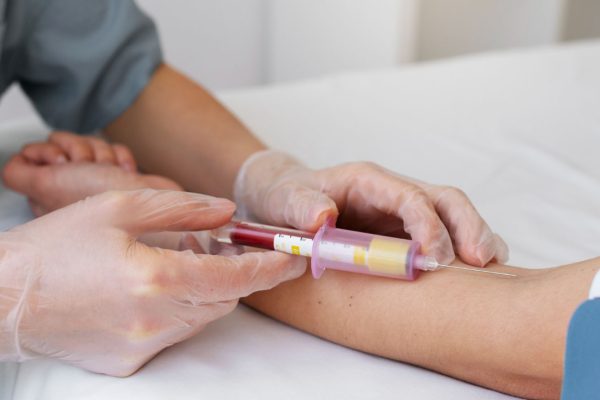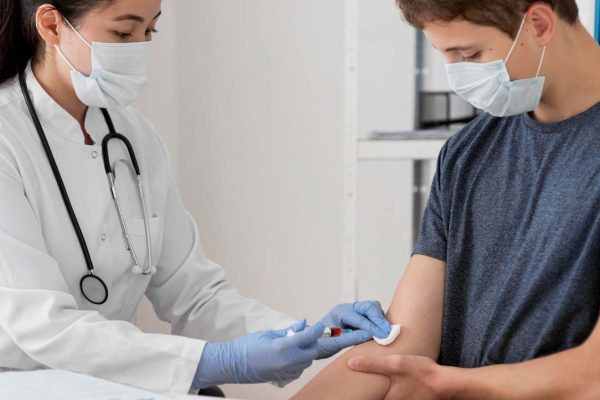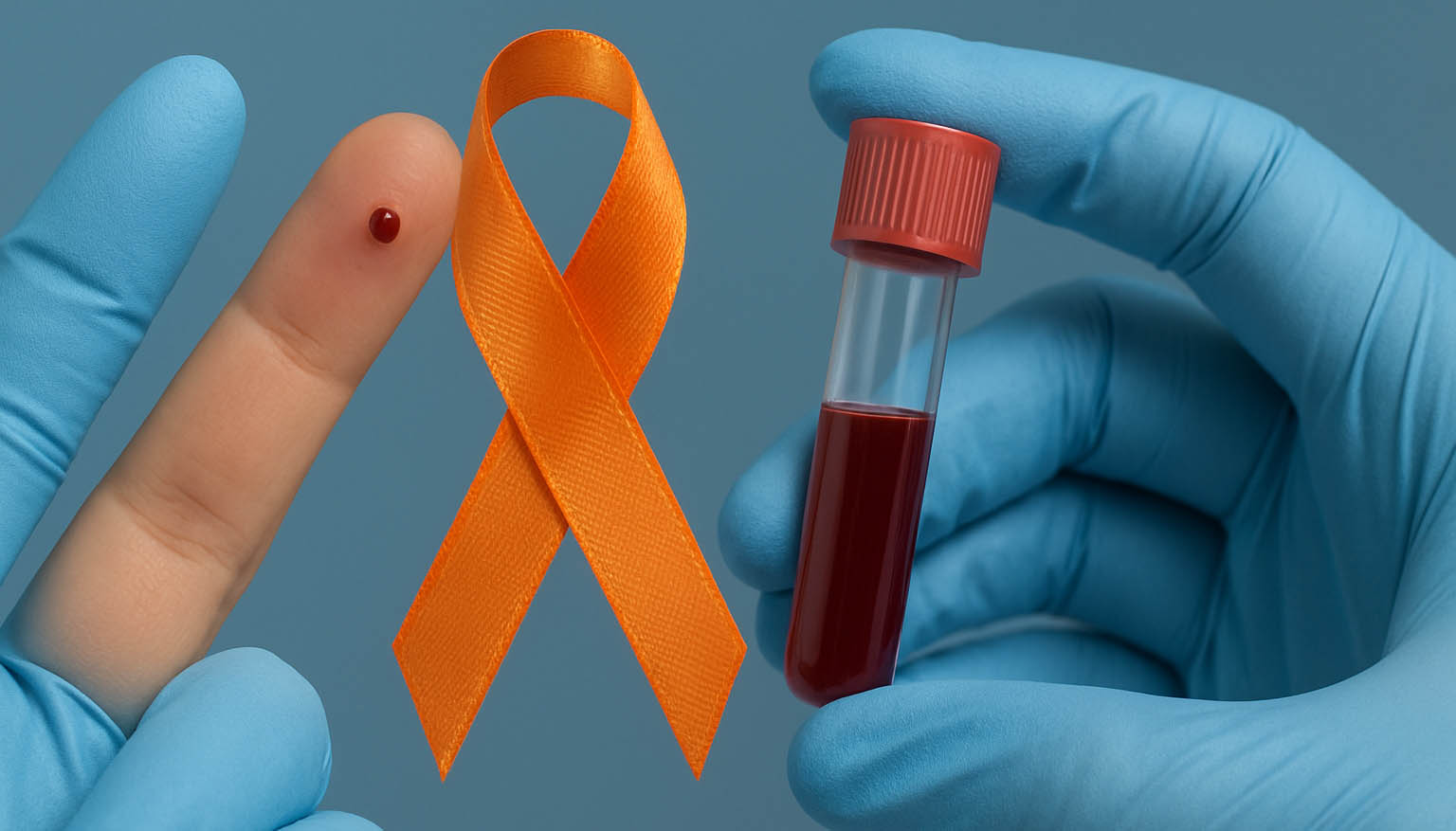- drranajitk@gmail.com
- 0 Comments
This Tiny Blood Test Can Detect Cancer Early—Why Isn’t Everyone Talking About It?
Can just a small vial of blood let you know, if you have cancer ! Yes, imagine you visit your doctor and your doctor with just a vial of blood from your body can detect if you have cancer, much before your symptoms show up.
With growing cancer cases globally and the need for better treatment with diagnostic tools, the Multi-Cancer Early Detection (MCED) blood test has emerged as a ground-breaking, revolutionary tool that is becoming a reality day by day. This potential test can transform cancer diagnosis immensely, however, not everyone knows about it or is talking about it.


The MCED test, which is still under development and is being evaluated for widespread clinical use, is a groundbreaking test that doesn’t just look for visible tumors or symptoms, rather it analyses fragments of DNA that cancer cells release into the bloodstream. This test detects patterns in genetic fragments to identify whether cancer is present in the body and can also pinpoint the organ it is affecting. This simple yet elegant test, that is still under clinical development and research, at some point, also claims to detect over 50 types of cancer, many of which in today’ s world have no standard screening methods.
The implications of this test are massive. As Dr. Ranajit Kar always says, early detection is always the key to better survival rates. Detecting cancers like pancreatic, ovarian, liver or breast, often referred to as silent killers, could save thousands of lives.
But why is the delay? What’s holding things back?
MCED Tests which are still in the research and development phase are currently being tested in clinical trials before gaining regulatory approval for widespread use. Though these tests are new, there are chances of more and more false positives or overdiagnosis, leading to cancer diagnosis that may not progress or cause harm and thus raising eyebrows about unnecessary treatments. Apart from this cost and accessibility are still a major barrier for the Test.
Though these tests are still in research, and yet not in the National Screening Programs, many healthcare providers even won’t be aware about this and few may not also discuss them with patients in fear of risking their patients life unnecessarily.
Lastly, like many new healthcare technologies, people from wealthier backgrounds are usually the first to use them. This can increase health inequality unless public health systems make sure everyone has access.
However, the future looks hopeful, as new innovations are upcoming and if results continue to be promising, these Tests could be a groundbreaking tool in predicting cancer quite earlier, even before your symptoms appear.
